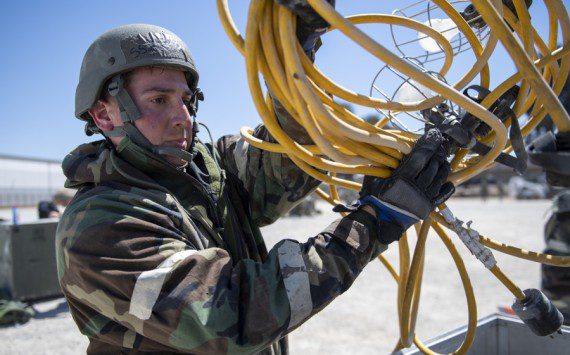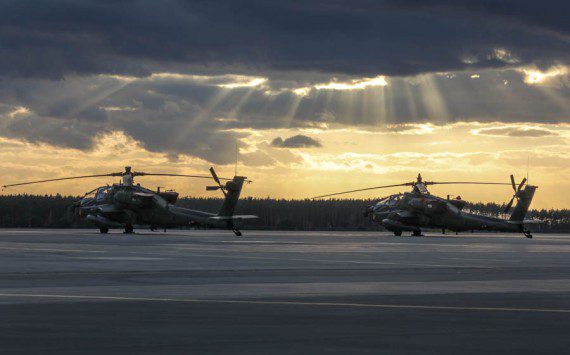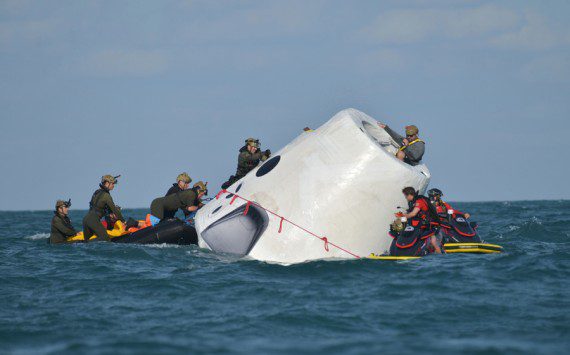House passes bill to allow female pilots’ ashes at Arlington
The House has passed legislation to allow female World War II pilots known as WASPs to continue placing their ashes at Arlington National Cemetery.
Lawmakers March 22 voted 385-0 to approve the bill sponsored by an Arizona Republican, congresswoman Martha McSally, herself a retired Air Force fighter pilot.
The WASPs served in a special unit called Women Airforce Service Pilots. They flew noncombat missions to free up male pilots for combat.
During the war, the women were considered civilians. But since 1977, federal law has granted them status as veterans. They had been eligible since 2002 to have their ashes placed at Arlington with military honors. But the Army ruled last year that the WASPs never should have been allowed in and revoked their eligibility.
McSally’s bill reverses that decision. AP
U.S. commander in Afghanistan apologizes for hospital attack
The new commander of U.S. and NATO forces in Afghanistan apologized March 22 to the people of Kunduz for the deadly attack on a hospital in the city last year that killed 42 people.
U.S. Army Gen. John Nicholson traveled to the northern city to meet local leaders and relatives of those who died in the Oct. 3 attack.
A U.S. Air Force AC-130 gunship attacked the hospital run by medical charity Doctors Without Borders in what Nicholson called a “horrible tragedy.”
Nicholson’s wife Norine accompanied him to Kunduz, along with acting defense minister Masoom Stanekzai.
More than a dozen U.S. military personnel have been disciplined for mistakes that led to the sustained attack. A U.S military report on the hospital attack is expected to be released within days.
A separate U.S. report on the incident obtained last fall by The Associated Press said the aircraft fired 211 shells at the hospital compound over 29 minutes before commanders realized the error and ordered a halt.
Afghan officials, including Stanekzai, insisted that Taliban fighters, who had overrun the city on Sept. 28, were using the hospital as a base from which to attack Afghan forces. No evidence has been found to support the claims.
Doctors Without Borders, also known by its French initials MSF, immediately ceased operations in Kunduz and has yet to return. The hospital was the only trauma clinic in northern Afghanistan.
The Taliban’s insurgency spread across the previously peaceful north of the country last year, following the end of the international combat mission in 2014. Military leaders expect another year of fierce fighting amid uncertainty about the future of the peace process and talks between the Afghan government and the Taliban. AP











